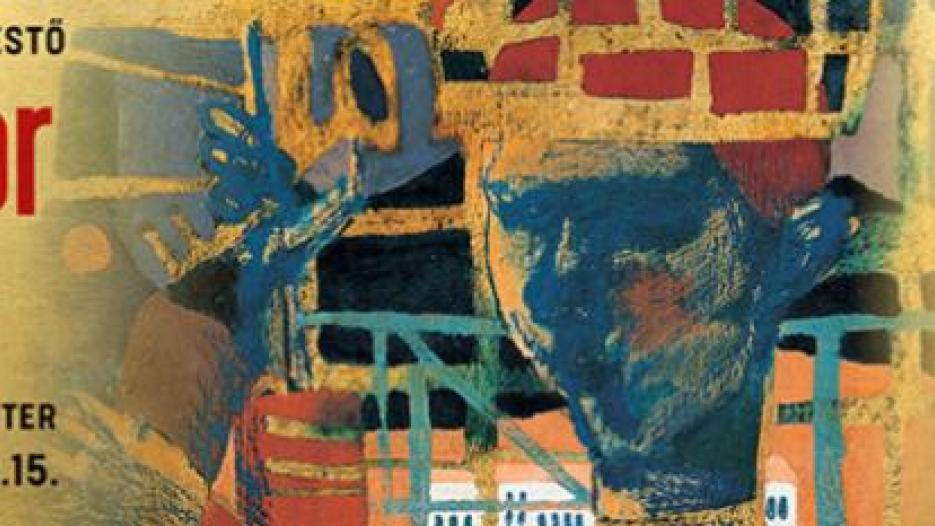Those who wrote about Béla Kondor's art soon began to call him the "last icon painter," in a reference to the icon-based period of his work, the universal quality of his worldview, and his monastic humility towards art. This exhibition both selects from the output of this period, and extends the meaning of the term with works that highlight construction.Kondor liked to use the structure of the cultic sacred images in many works of him, particularly the byzantine hagiographic icons, which represent the lives of the saints. The own series of Iconostasis was motivated by a desire for monumentality. This is a screen that bears icons and separates the sanctuary from the nave: it is a gate between the visible and the invisible worlds. Kondor's Iconostasis it gives insight into the ancient layers of human existence.Of the two series of book illustrations on view, the ones he made for Shakespeare's Hamlet are representative, thanks to their theme and the woodcut technique, of Kondor's archaizing efforts, evoking medieval images of the danse macabre. As regards Blake's poems, his interpretation of the texts is less strict, and he introduces anachronistic machines and bizarre structures, like so many mementoes of a trip through hell that is both personal and cosmic.
